10 Posts for Spring Festival Posted by sasha on Feb 1, 2018 in Culture
Spring Festival (春节 – chūn jié) is far and away the most important Chinese holiday. In the lead-up to the Chinese New Year, the biggest mass migration on planet Earth takes place as people rush to get home to their loved ones. There are huge feasts, massive parades, and more fireworks than you can possibly imagine. This year, Chinese New Year falls on February 16th. It’s an exciting time in China as we get ready to enter the Year of the Dog (狗年 – gǒu nián). Learn all about this traditional holiday with these 10 posts for Spring Festival.
History of the Spring Festival
First up is a post detailing the history of China’s most important holiday. Learn about the giant beast known as Nian and how people finally scared him away. This legend tells you a lot about the current traditions of Spring Festival, which brings us to our next post….
Spring Festival Traditions and Superstitions
Why is it important to clean your house before the New Year? Why do so many families eat dumplings and fish during their New Year feast? Find the answers to these questions and much more in this great post.
The Spring Festival Rush
The Spring Festival rush (春运 – chūn yùn) lasts for about 40 days. In 2015, the number of passenger journeys during this period hit an astounding 2.9 billion – more than double the total population of the country. Learn more about this crazy busy travel period in this post and check out a few interesting videos.
10 Things to Do for Chinese New Year
There are so many things to do to prepare for Chinese New Year. For example, you have to get a haircut before the New Year comes. If you get one in the first month of the year, your uncle might die! Read the post to find out more about this and several other important things to do before the big holiday.
Chinese New Year Greetings
Just like saying “Merry Christmas” or “Happy Holidays” in English, there are many special greetings for the Chinese New Year. Learn a bunch of them in this great post that Ayana wrote and see if you can practice them on the street.
Spring Festival in a Chinese Village
What is it like celebrating Spring Festival in a small Chinese village? Read all about my experience visiting my friend in his village of Xiaohe in the mountains of Yunnan, and be sure to check out the video while you’re at it!
Chinese New Year Around the World
In case you haven’t noticed, Chinese people live all over the world. That means there are Chinese New Year celebrations in so many other countries. Find out how people celebrate Spring Festival in North America, Europe, Southeast Asia, and more in this informative post.
Chinese New Year in Chinese
Practice your Chinese in this post that gives you 10 sentences about the holiday. Practice reading the sentences and see if you can make a few of your own. You’ll be talking about the Spring Festival in Chinese in no time!
Lantern Festival History and Traditions
The Spring Festival comes to a close on the 15th day with the Lantern Festival (元宵节 – yuán xiāo jié). Learn about the history and traditions in this post, then check out this video of the amazing festival from a park in Kunming:
Why Spring Festival Sucks
While it’s great eating dumplings, giving hong bao to the kids, and enjoying festive parades, there’s a lot to dislike about the Spring Festival. From the madness of the Spring Festival rush, to the constant fireworks, to ridiculous incidents on airplanes involving Chinese tourists, I lay out a few reasons why Spring Festival sucks in this post.
How are you celebrating Spring Festival this year? What do you love about this holiday? Leave a comment and let us know!

Build vocabulary, practice pronunciation, and more with Transparent Language Online. Available anytime, anywhere, on any device.



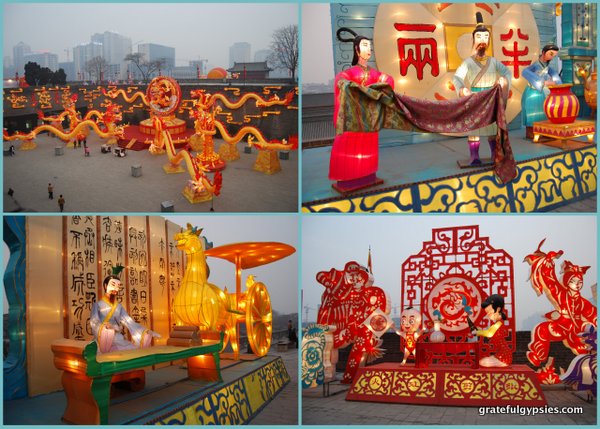
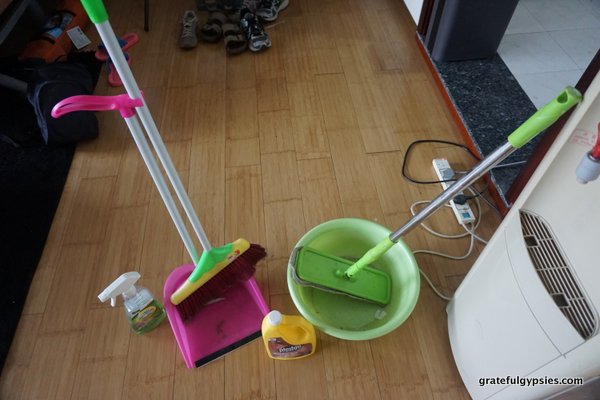
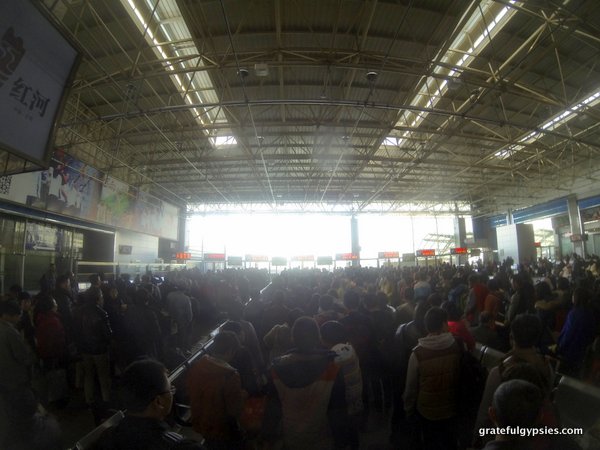
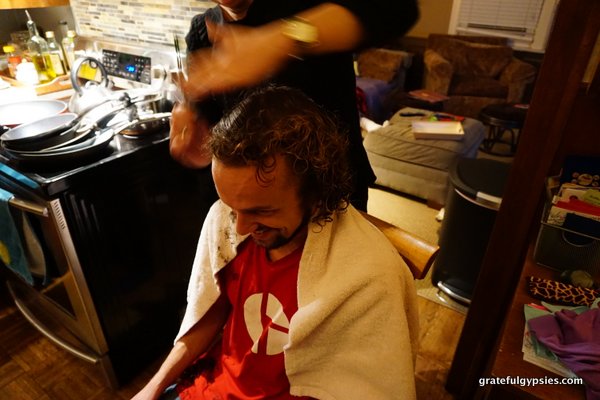
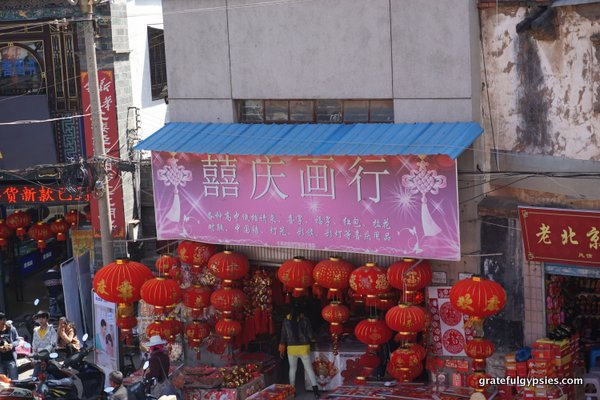
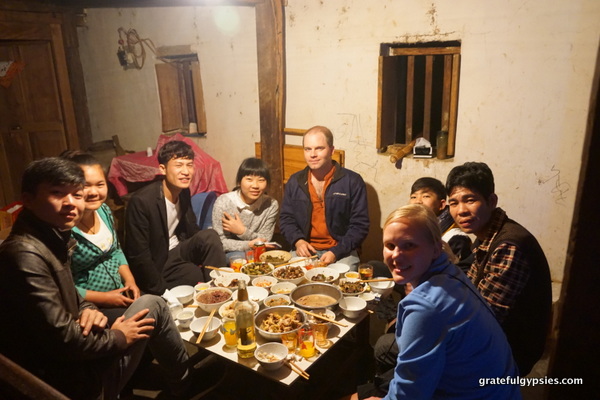
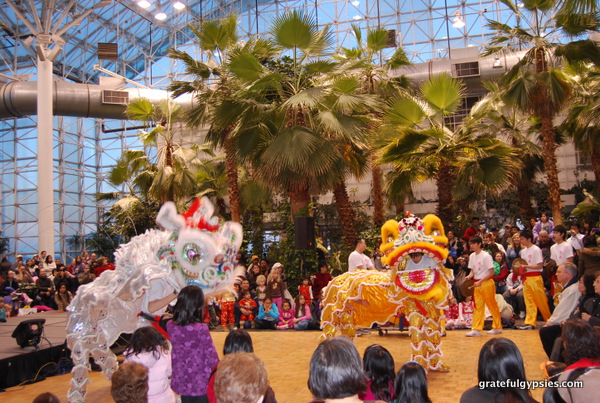
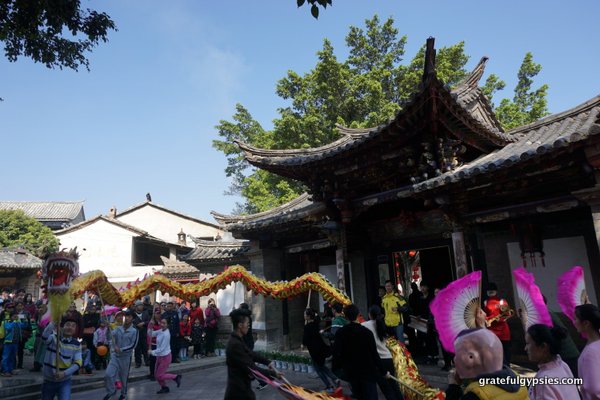

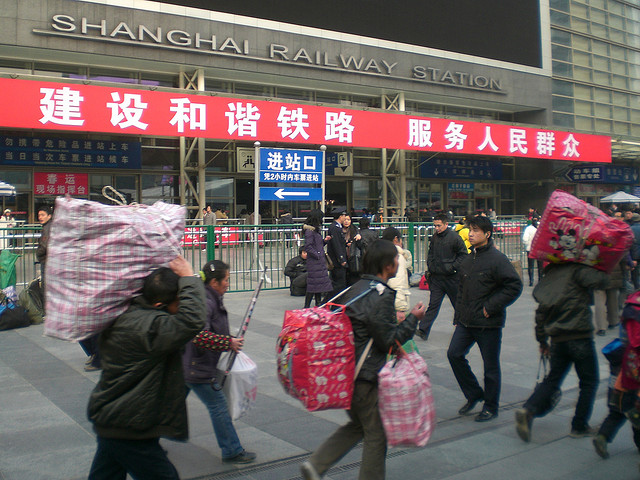

Comments:
On the other hand, the Mandarin:
This language gets its name from the Canton which is the traditional name for the city of Guangzhou. Apart from the mainland China, the language also has native speakers in Hong Kong, Macau, Thailand, Vietnam, Singapore. On the other hand, the Mandarin, also called the Northern Chinese, Chinese (Pinyin) Guanhua (“Officials’ Language”), or (Wade-Giles romanization) Kuan-hua, the most widely spoken form of Chinese language, is the official national language of the country.